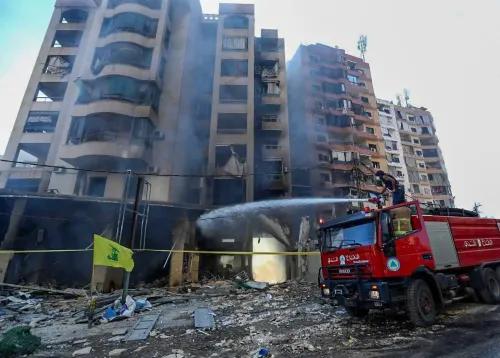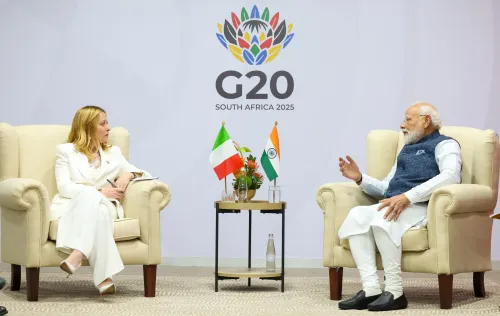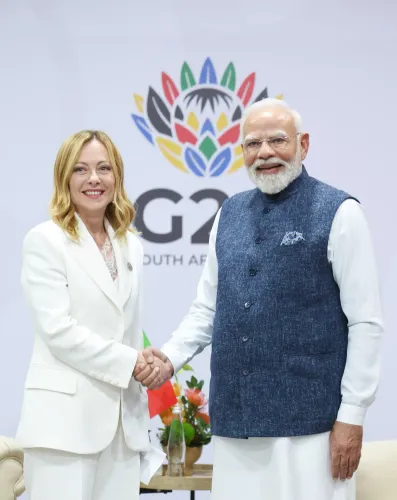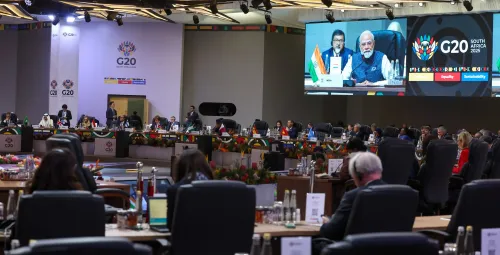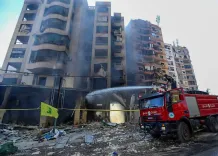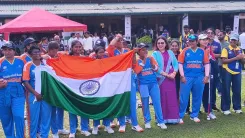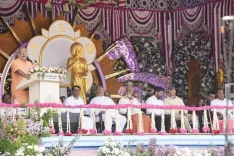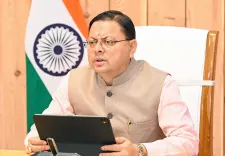What does Syria's first parliamentary election post-Assad signify?

Synopsis
Key Takeaways
- Historic elections mark a new phase for Syria.
- Voting initiated on October 5, 2023.
- Parliament structure includes elected and appointed members.
- Over 1,500 candidates are participating.
- Focus on fair representation for all social groups.
Damascus, Oct 5 (NationPress) On Sunday, Syria's transitional authorities initiated the nation's inaugural parliamentary elections since the downfall of former President Bashar al-Assad last December. This event signifies a pivotal moment in Syria's post-conflict political evolution.
Polling stations commenced operations at 9 a.m. local time (0600 GMT) across most provinces, allowing members of local electoral bodies to cast their votes for the 210-seat People's Assembly, as stated by the Higher Committee for People's Assembly Elections.
Committee spokesperson Nawar Najmeh mentioned that the voting period will persist until noon, with a potential extension until 4 p.m. (1300 GMT) if needed, according to Xinhua news agency.
Once voting concludes, ballot boxes will be publicly opened, and preliminary results will be released on the same day. Final results are anticipated early next week after addressing any objections.
The elections are being held under a provisional system that dictates two-thirds of the parliament's members will be elected, while the remaining one-third will be appointed by Syrian leader Ahmed al-Sharaa. Officials assert this strategy aims to guarantee equitable representation for all regions and social groups during Syria's transition.
Najmeh elaborated that, instead of a direct public vote, the elections are being carried out through local electoral bodies made up of community representatives. These bodies, selected earlier this year, are responsible for organizing the voting process and electing parliament members from their ranks.
"This approach enables broader participation under the existing circumstances," Najmeh remarked, emphasizing the challenges faced by many Syrians who have been displaced or lost official documents, rendering direct nationwide voting problematic.
Over 1,500 candidates, including 14 percent women, are vying for seats across 50 electoral districts. Voting will be postponed in certain parts of Raqqa, Hasakah, and Sweida provinces until security and logistical conditions allow.
Najmeh stated that the process is designed to ensure the new parliament mirrors Syria's diverse populace, which includes women, individuals with disabilities, and families of war victims.

